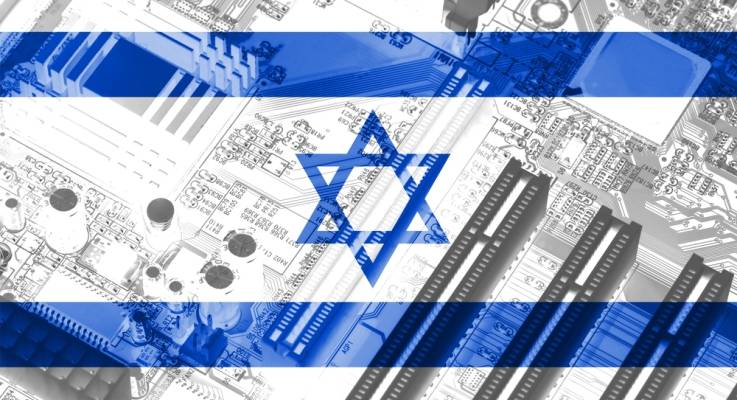The hi-tech industry employs about 12% of the Israeli workforce, with around 10% of that serving in the IDF reserves this year.
By Etgar Lefkovits, JNS
Foreign investment in Israeli startups rose 31% to more than $5 billion in the first half of the year, even as the war against Hamas raged in Gaza, a report released this week finds.
The figures show the resilience of the Israeli hi-tech sector, about 10% of whose workforce served military reserve duty during the war triggered by the Oct. 7 Hamas massacre, confounding forecasts of major damage to the industry.
“One would have expected the war and the perception of uncertainty would have [negatively] impacted the data, but the data shows a very different picture,” Avi Hasson, CEO of Startup Nation Central, a nonprofit that promotes Israeli hi-tech and authored the report, told JNS on Sunday.
“We see that the fundamentals of the Israeli ecosystem, talent, business opportunities, and cutting-edge technology are causing investors to double down on Israel.”
The figures in the report, which are compared to the second half of 2023, show that hi-tech investments remained “robust and dynamic” even as travel to Israel was vastly curtailed with most foreign airlines suspending flights to the Jewish state.
“The cumulative aggregate data is super strong,” Hasson said.
Hi-tech is Israel’s most productive sector. It employs about 12% of the workforce, and it accounts for nearly a fifth of gross domestic product and half of the country’s exports, according to the Israel Innovation Authority, a government agency that supports the industry’s development.
The peak year for investment in Israeli hi-tech was in 2021, when almost $30 billion was raised; the figure dropped to about $10 billion in 2023, reflecting global trends.
More than half of the predominantly American investments in Israeli hi-tech in the first six months of the year were in cybersecurity companies, including 14 investments of over $100 million each known as mega-rounds, the report found.
While in 2018, cybersecurity accounted for 20% of hi-tech funding in both the United States and Israel, it now accounts for 16% in the U.S. and 52% in Israel, according to the report.
Last week, Google announced a $23 billion deal to acquire Israeli cloud security startup Wiz, in what would be the California tech giant’s biggest-ever buy and the latest high-profile achievement for Israel’s high-tech sector.
“The bottom line is Israeli hi-tech is resilient despite the war, even as it is a mixed picture depending on which sector and stage you are operating in,” Hasson said. “The biggest tech companies are still coming to Israel to find those opportunities.”
